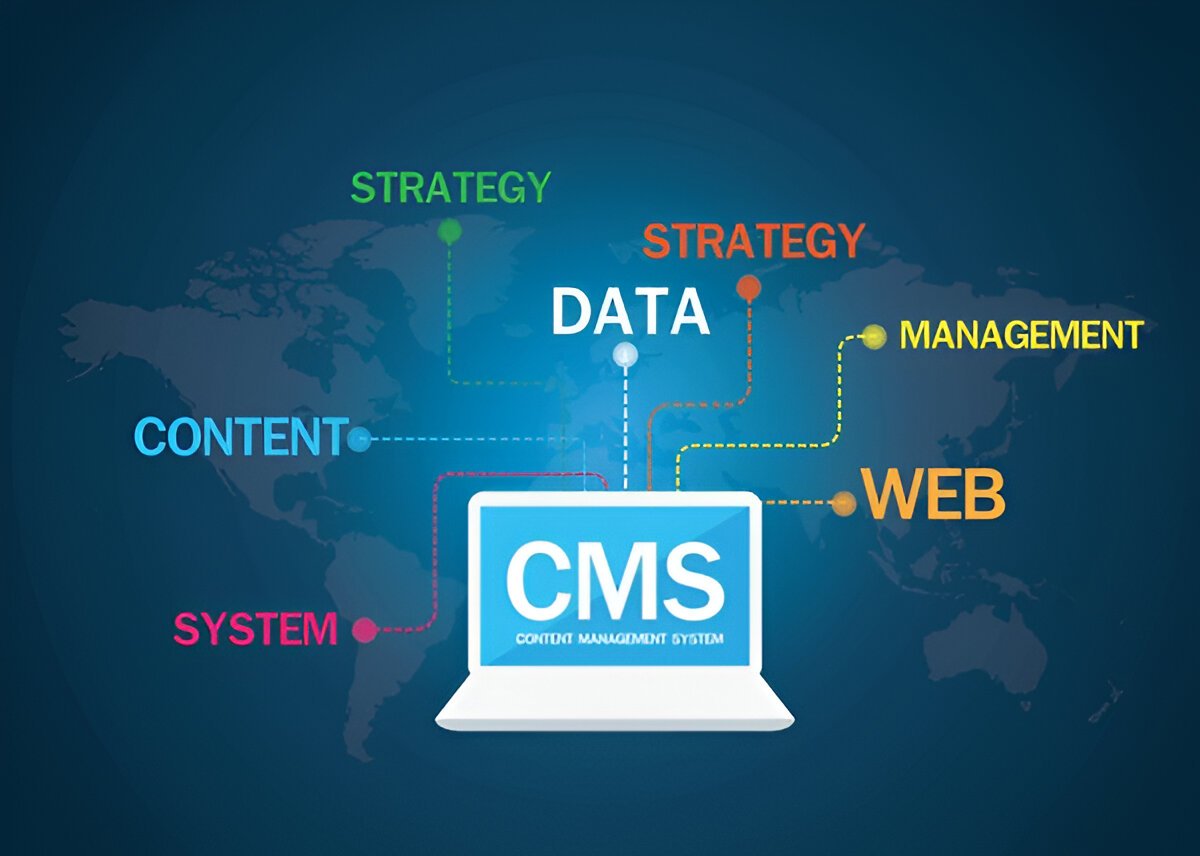In today’s digital landscape, having a robust content management system (CMS) is essential for businesses and individuals looking to create and manage their online presence. A CMS allows users to build websites, manage content, and streamline workflows without needing extensive technical knowledge. With so many options available, it can be challenging to choose the right one. Here, we’ll explore 16 of the best CMS platforms and provide guidance on how to select the one that fits your needs.
1. WordPress
WordPress is the most popular CMS, powering over 40% of all websites. It’s known for its user-friendly interface, extensive library of plugins, and customizable themes. Whether you’re running a blog, an eCommerce site, or a portfolio, WordPress offers the flexibility to meet your needs.
2. Shopify
Shopify is a leading eCommerce platform designed for online stores. It provides a comprehensive set of tools for managing products, processing payments, and tracking inventory. With its user-friendly interface, Shopify is ideal for entrepreneurs looking to launch their online businesses quickly.
3. Wix
Wix is a website builder that offers a drag-and-drop interface, making it easy for beginners to create stunning websites. With hundreds of templates and design options, Wix is perfect for small businesses, portfolios, and personal websites.
4. Joomla
Joomla is a versatile CMS that strikes a balance between user-friendliness and advanced functionality. It’s suitable for building complex websites and applications, making it a great choice for developers and businesses with specific needs.
5. Drupal
Drupal is known for its powerful capabilities and flexibility, making it ideal for large-scale and complex websites. While it has a steeper learning curve than some other CMS options, its robust security features and scalability make it a favorite among developers.
6. Ghost
Ghost is a minimalist CMS focused on publishing and blogging. It offers a clean interface and is optimized for speed and SEO. Ghost is perfect for writers and content creators who want a straightforward platform to share their work.
7. Squarespace
Squarespace is renowned for its beautiful design templates and all-in-one website building capabilities. It’s particularly popular among creatives and small businesses looking for visually appealing websites without the need for extensive customization.
8. Magento
Magento is a powerful eCommerce platform designed for businesses that require advanced features and scalability. It offers extensive customization options, making it suitable for large online stores with complex needs.
9. TYPO3
TYPO3 is an enterprise-level CMS that excels in managing multilingual and multi-site environments. It’s highly flexible and secure, making it a great choice for large organizations with diverse content needs.
10. HubSpot CMS
HubSpot CMS integrates content management with marketing tools, making it ideal for businesses focused on inbound marketing. It offers built-in SEO features, analytics, and a user-friendly interface for managing content.
11. Contentful
Contentful is a headless CMS that allows developers to deliver content across multiple platforms. Its API-first approach provides flexibility in how content is managed and displayed, making it suitable for modern web applications.
12. Webflow
Webflow combines design and development, allowing users to create responsive websites visually. It’s perfect for designers who want to build websites without writing code while still having access to powerful CMS features.
13. Craft CMS
Craft CMS is known for its flexibility and user-friendly interface, making it a favorite among developers. It allows for custom content modeling and is ideal for projects that require a tailored approach to content management.
14. Concrete5
Concrete5 offers an intuitive in-context editing experience, making it easy for non-technical users to manage content. Its drag-and-drop functionality is perfect for small to medium-sized projects.
15. Silverstripe
Silverstripe is an open-source CMS that provides a flexible framework for developers. It’s known for its strong security features and is suitable for various business applications.
16. DotNetNuke (DNN)
DNN is built on the Microsoft ASP.NET framework and is designed for enterprise-level applications. It offers extensive customization options and is ideal for organizations looking for a robust CMS solution.
How to Choose the Right CMS
When selecting a CMS, consider the following factors:
- Usability: Look for a platform that is easy to navigate and manage, especially if you have limited technical skills.
- Scalability: Ensure the CMS can grow with your business and handle increased traffic and content.
- Security: Choose a CMS with strong security features to protect your website from vulnerabilities.
- Customization: Consider how much flexibility you need in terms of design and functionality.
Choosing the right content management system (CMS) is a crucial step in establishing and maintaining your online presence. With a variety of options available, each offering unique features and capabilities, it’s essential to assess your specific needs, technical expertise, and long-term goals. Whether you prioritize ease of use, eCommerce functionality, or advanced customization, there’s a CMS out there that can meet your requirements.
By considering factors such as usability, scalability, security, and support, you can make an informed decision that will empower you to create a dynamic and engaging website. Take the time to explore the options listed above, and don’t hesitate to experiment with different platforms to find the one that feels right for you. With the right CMS in place, you’ll be well-equipped to share your content, connect with your audience, and achieve your online objectives.





